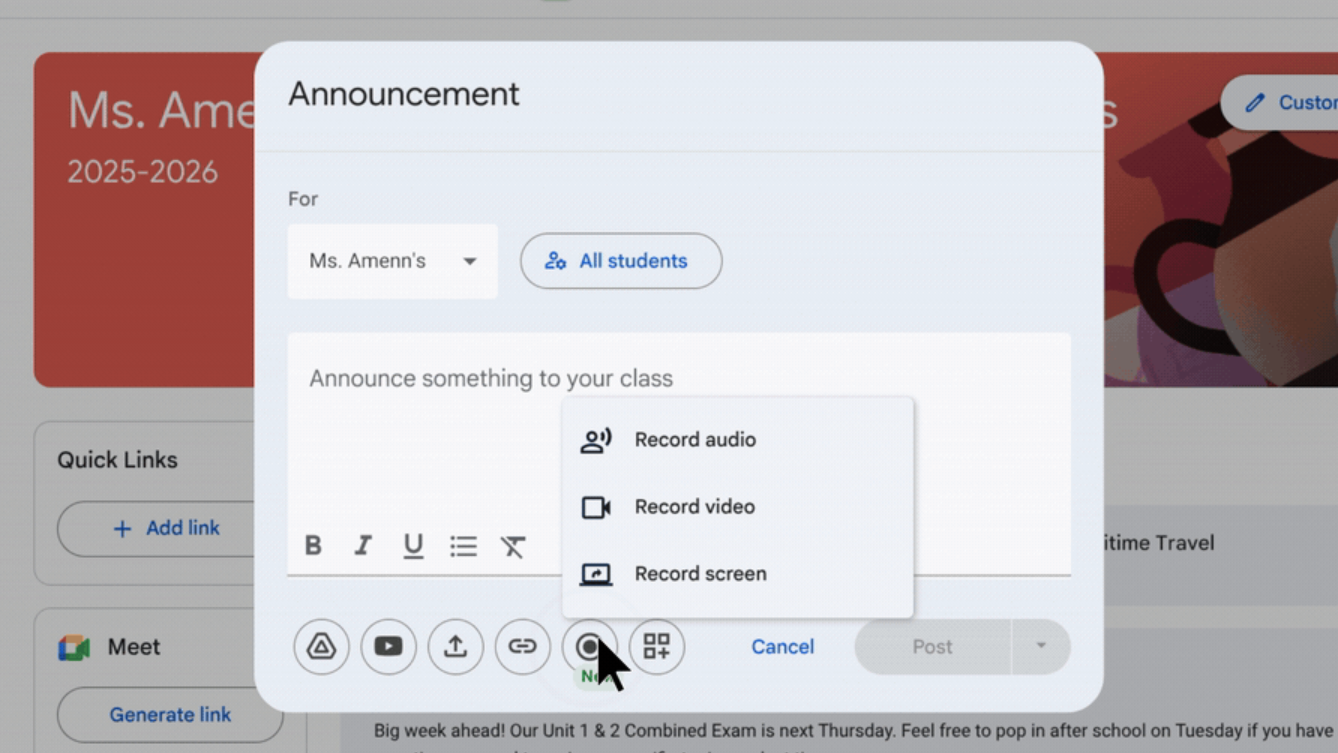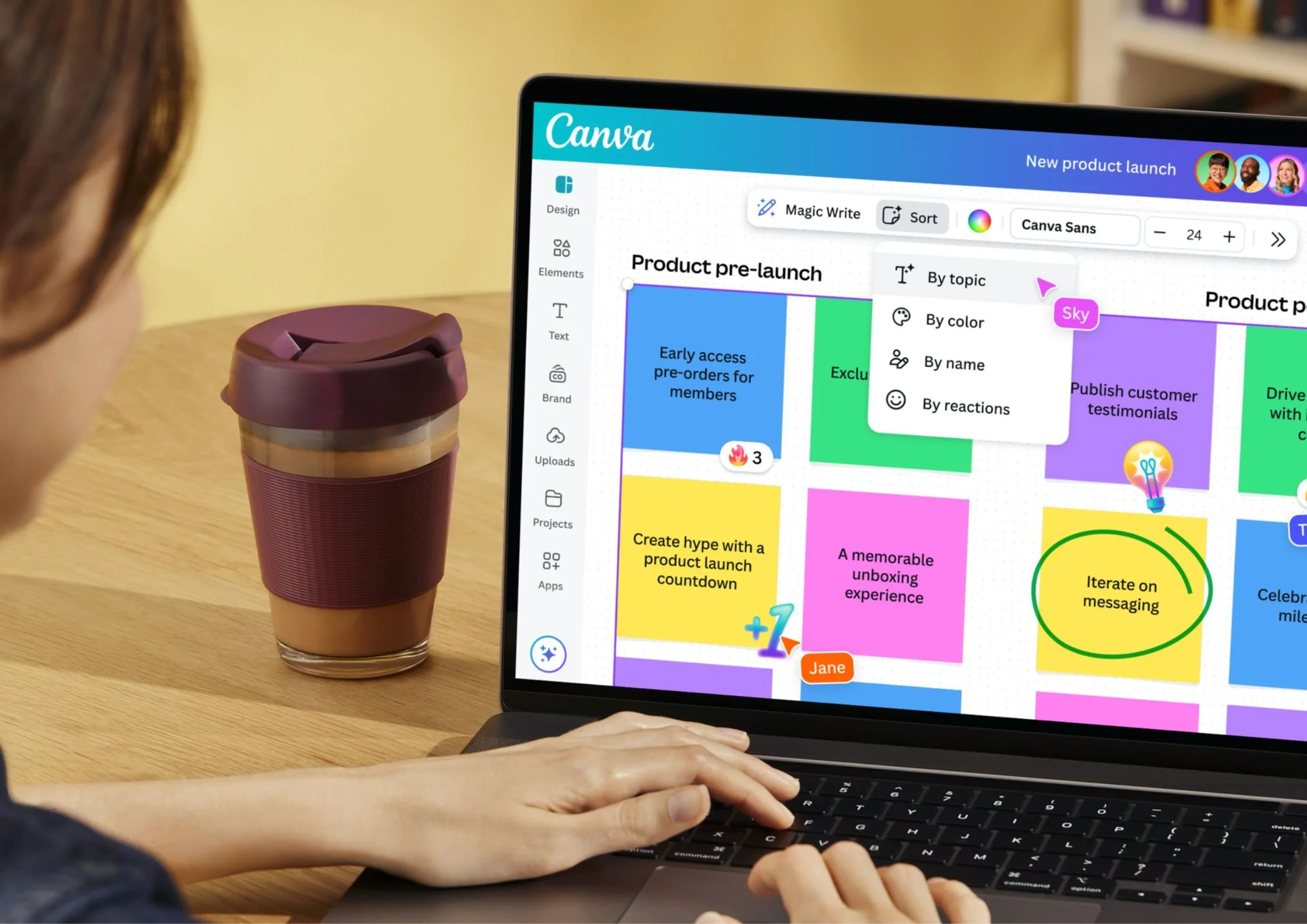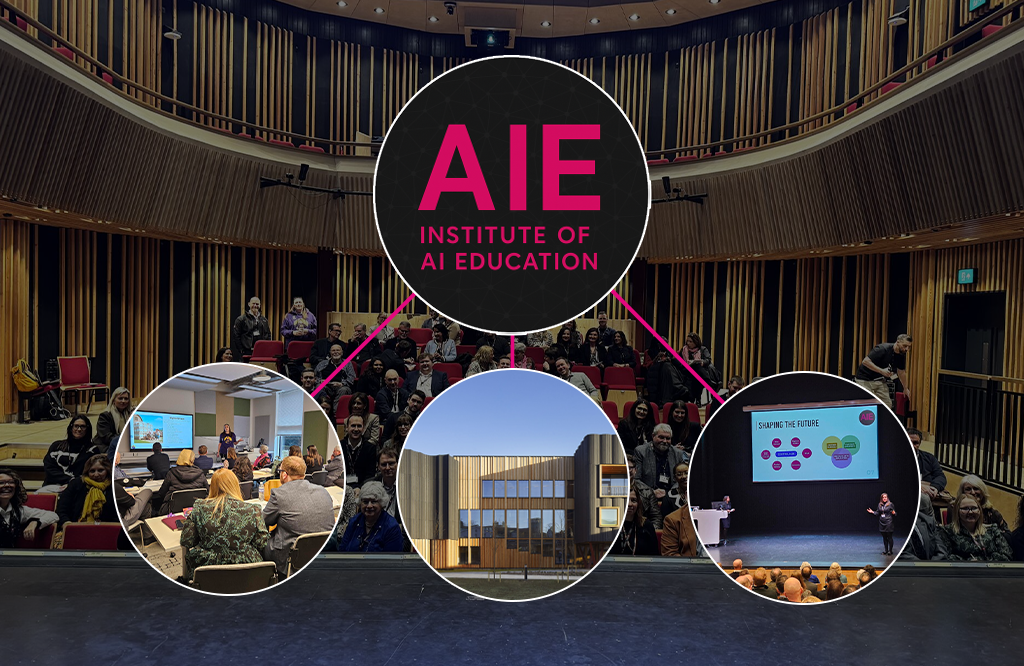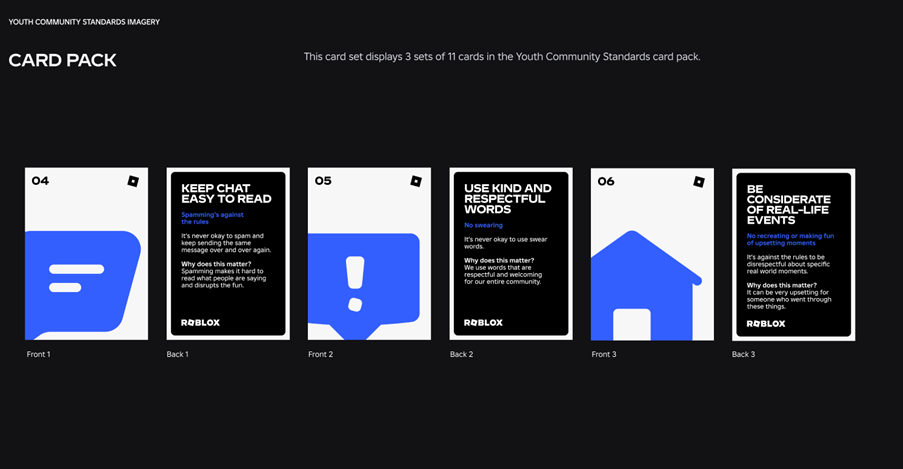Emerging technologies enhancing fieldwork preparation in social work studies
Fieldwork is a core component of social work education, providing students with real-world experience that enhances their professional readiness for practice. As digital learning evolves, new technologies are transforming how students prepare for this essential training.
These tools help learners build confidence, sharpen their critical thinking, and develop practical skills before entering the real world. This post outlines virtual simulations for skill development, AI-powered coaching and feedback systems, and more.
Virtual Simulations for Skill Development
Virtual simulations are becoming powerful training tools for social work students. These platforms enable learners to engage with realistic client scenarios in a safe and controlled environment. Students can practice communication, assessment, and intervention skills while receiving instant feedback.
The simulation setting reduces anxiety because students can learn without the pressure of real-life consequences. This approach supports deeper understanding and encourages reflective practice.
AI-Powered Coaching and Feedback Systems
AI-driven coaching systems help students evaluate their responses and actions during simulated or recorded sessions. These platforms identify strengths in communication and areas that need improvement. They also help learners understand client cues and emotional responses.
AI tools guide students through personalized learning paths that support growth from basic iteration skills to advanced intervention strategies. The technology enhances supervision by offering additional insights that instructors may miss during brief reviews.
Digital Case Management Platforms
Digital case management tools help students understand documentation processes before starting fieldwork. These platforms enable them to practice writing case notes, track progress, and securely manage client information. Students learn how to organize key data, follow ethical guidelines, and maintain clarity in their documentation.
The structured format helps them build habits that will benefit them in professional settings. Exposure to these systems also familiarizes students with the digital tools used by many social service agencies.
Interactive Learning Modules for Community Engagement
Interactive modules introduce students to diverse community systems, populations, and the challenges they face. These tools use videos, interviews, and digital storytelling to expand students’ cultural competence.
They help learners explore issues such as mental health, substance use, domestic violence, and poverty through real community perspectives. Students can gain a deeper understanding of these issues before engaging in fieldwork. The modules encourage reflection and prepare learners for sensitive interactions.
Advanced Standing Preparation Through Online Learning Tools
Many institutions now offer structured digital pathways that accelerate learning for experienced students. These pathways support learners who have prior training or social service experience and wish to deepen their knowledge in a shorter timeframe.
Programs in this category often include technology-enhanced learning activities that build competence before field placement. Students in online MSW programs advanced standing benefit from organized digital materials, targeted skill-building modules, and flexible study formats that support their professional goals.
Remote Collaboration and Supervision Platforms
Remote supervision tools allow students to meet with instructors and field supervisors through video conferencing. These platforms support group discussions, review sessions, and problem-solving activities.
They also help learners share field experiences and receive timely support. Remote collaboration increases access to supervision and reduces barriers created by schedules or distance. It keeps students engaged and ensures consistent guidance during their training.
Endnote
Emerging technologies are reshaping fieldwork preparation in social work studies. These tools help students build practical skills, engage with realistic scenarios, and strengthen their understanding of community needs. As digital learning continues to evolve, social work education will benefit from more flexible and immersive training experiences that prepare students for meaningful practice.





















